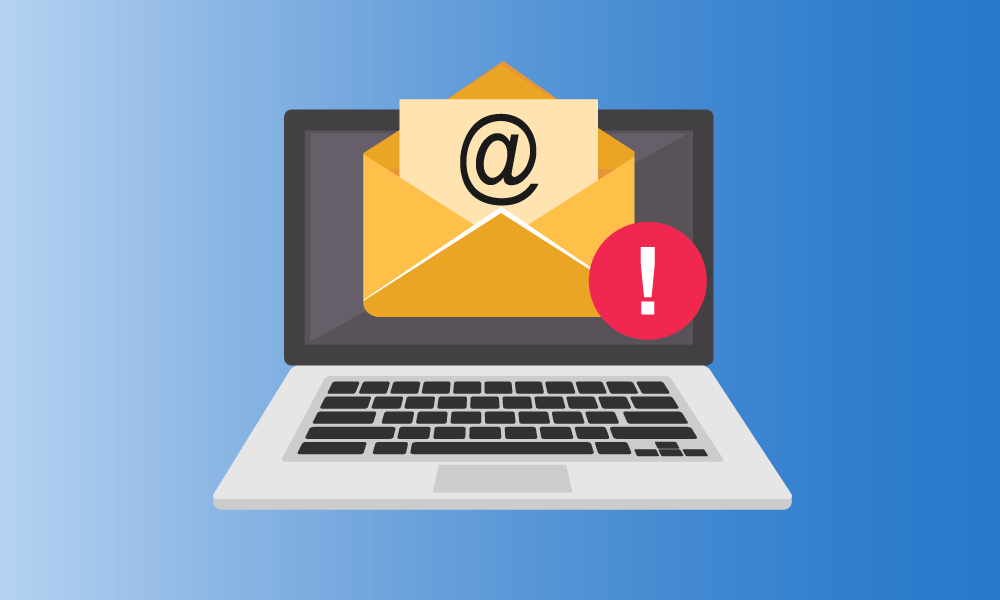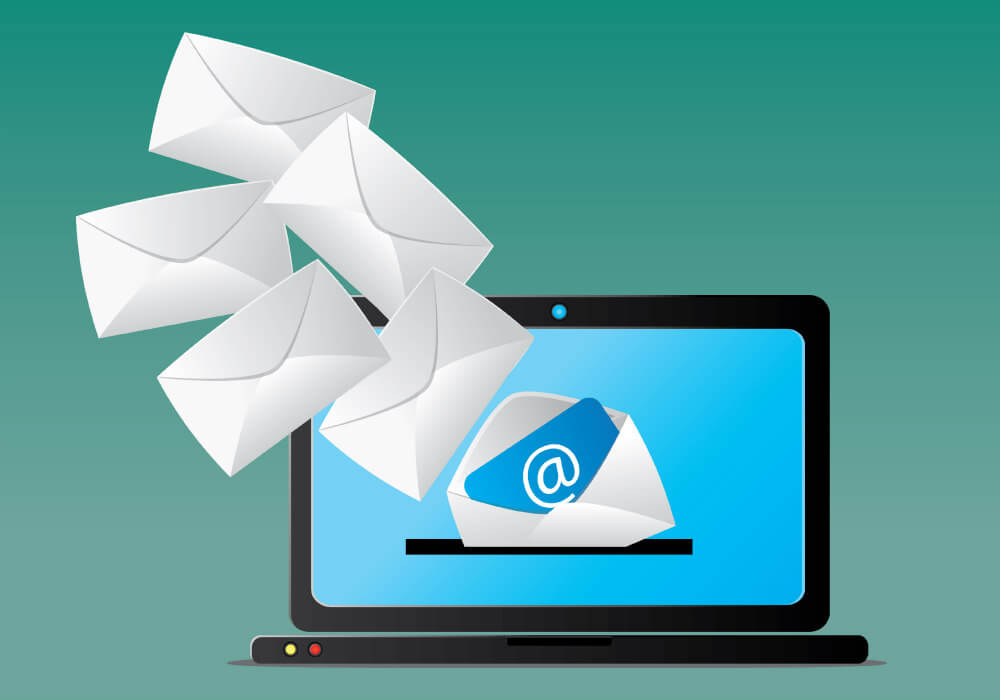In today's digital age, where electronic communication dominates, the frequency of checking physical mailboxes often gets overlooked. However, efficient mailbox management is essential for staying organized, ensuring timely responses to important documents, and avoiding any potential missed opportunities. In this comprehensive guide, we will explore expert recommendations on how often you should check your mail. Whether you are a busy professional, a student, or simply looking to improve your mailbox routine, this guide will provide valuable insights to help you establish an effective mail-checking schedule.
The Importance of Regular Mail Check

Regularly checking your mailbox offers several benefits:
- Timely Responses: By checking your mail regularly, you can promptly respond to time-sensitive correspondence, such as bills, official documents, or time-sensitive offers.
- Avoiding Accumulation: Regularly checking your mailbox helps prevent an accumulation of mail, ensuring that your mailbox doesn't become overwhelmed with a large volume of unattended mail.
- Security: Regularly checking your mailbox reduces the risk of sensitive information falling into the wrong hands. It minimizes the chances of important documents being misplaced or stolen.
Expert Recommendations for Mail Checking Frequency

Determining the ideal frequency for checking your mailbox depends on several factors:
- Personal and Professional Needs: Consider your personal and professional commitments. If you receive important mail frequently or have a high volume of business correspondence, it may be necessary to check your mailbox more often.
- Mail Volume: Assess the average volume of mail you receive. If you typically receive a significant amount of mail, you may need to check your mailbox more frequently to stay on top of your correspondence.
- Local Postal Service Delivery Schedule: Take into account the delivery schedule of your local postal service. If your mail is delivered on specific days, adjusting your mail-checking routine accordingly can help ensure you don't miss any important items.
Based on expert recommendations and best practices, it is generally advised to check your mailbox at least two to three times per week. This frequency strikes a balance between staying on top of important mail and preventing unnecessary disruptions to your schedule.
Tips for Efficient Mailbox Management

To optimize your mailbox management, consider the following tips:
- Create a Mail Sorting System: Establish a system for sorting your mail as soon as you retrieve it from the mailbox. Categorize it into important, urgent, and non-urgent items to prioritize your attention effectively.
- Set Aside Dedicated Time: Allocate dedicated time in your schedule for reviewing and responding to mail. This ensures that you have sufficient time and focus to address important documents promptly.
- Digitalize When Possible: Whenever possible, opt for digital communications to reduce physical mail. Choose electronic billing, online statements, and digital subscriptions to minimize the volume of mail you receive.
- Use Mail Forwarding or Holding Services: If you are away from home for an extended period, consider using mail forwarding or holding services provided by your postal service. This ensures that your mail is managed securely while you are away.
Commonly Asked Questions about Mail Checking
Q1. Can I check my mailbox too often?
While checking your mailbox frequently can ensure timely responses, it's important to strike a balance. Checking multiple times per day may lead to unnecessary interruptions and waste of time. Two to three times per week is generally considered sufficient for most individuals.
Q2. What should I do if I receive unwanted mail?
Unwanted mail, such as junk mail or unsolicited advertisements, can be managed by opting out of mailing lists and registering with the appropriate organizations to reduce such mail. Additionally, recycling or properly disposing of unwanted mail helps keep your mailbox clutter-free.
Q3. How can I stay organized with my physical mail?
To stay organized with your physical mail, establish a filing system for important documents, discard unnecessary items promptly, and utilize tools such as mail organizers or labeled folders to categorize and store your mail efficiently.
Conclusion
Establishing a regular routine for checking your mailbox is crucial for efficient mailbox management. By following the expert recommendations provided in this comprehensive guide, you can strike a balance between staying on top of important correspondence and avoiding unnecessary disruptions. Remember to consider your personal and professional needs, assess the mail volume you typically receive, and factor in the delivery schedule of your local postal service. By implementing these strategies and incorporating efficient mailbox management practices, you can ensure timely responses, stay organized, and optimize your overall mail handling routine.



